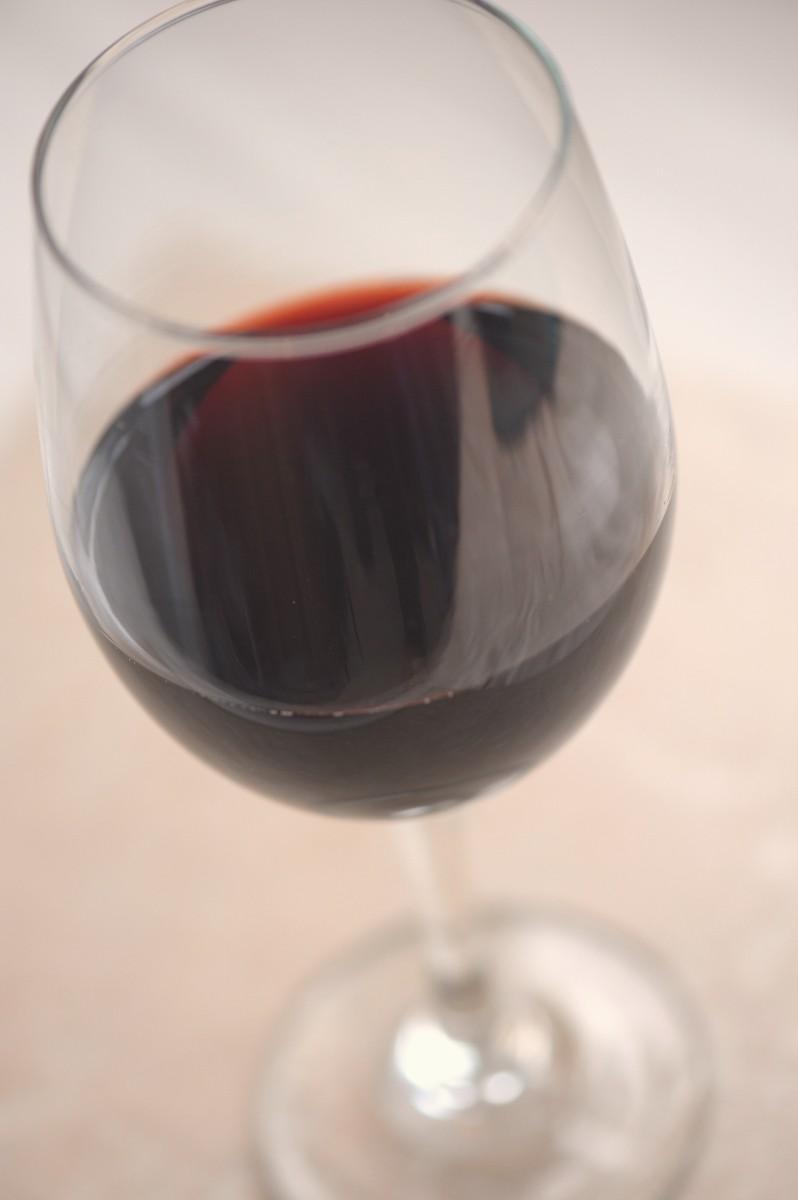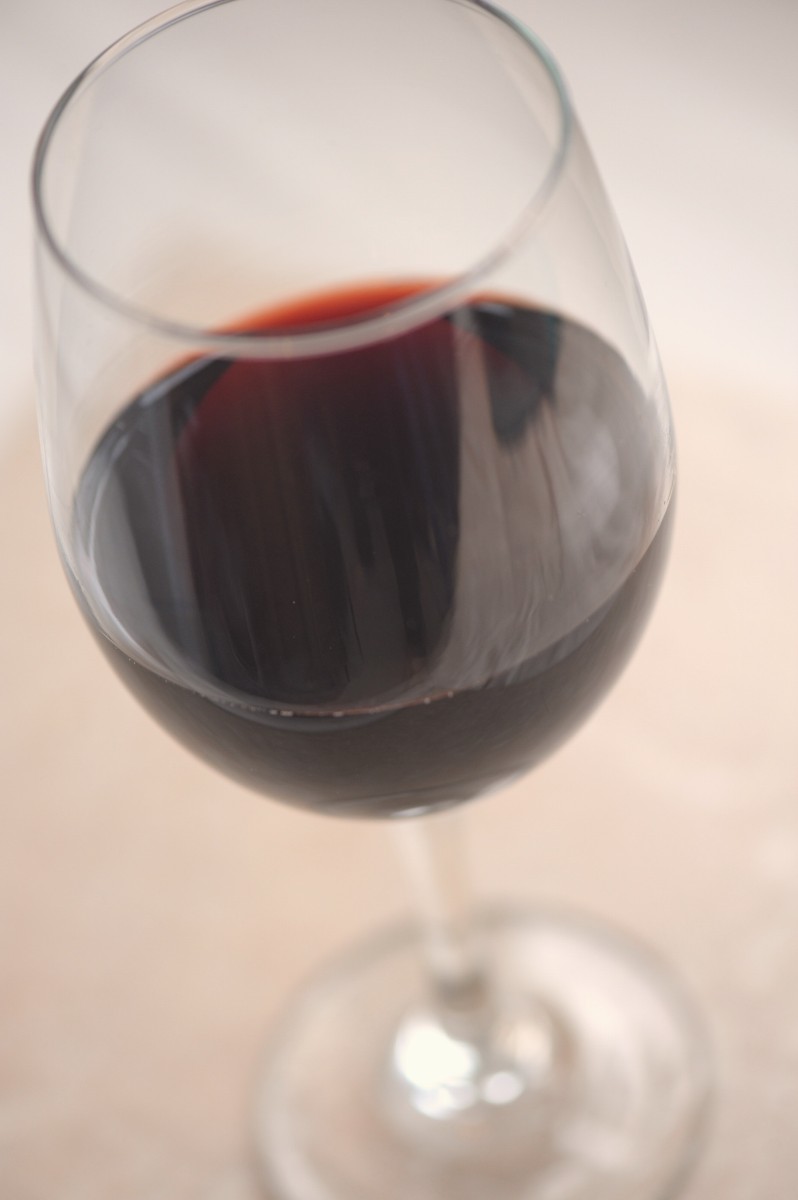The B.C. government is warning seniors that people become more sensitive to the effects of alcohol as they age and that drinking can have serious consequences for the elderly.
Too much alcohol can contribute to chronic diseases, including cancer and some heart conditions. But in older adults, alcohol-related problems can be mistaken for physical, social, or emotional conditions associated with aging.
In addition, even the smallest amount of alcohol can negatively impact the effectiveness of medications. Almost half of all prescription drugs taken by older people can interact with alcohol, according to a statement issued by the B.C. Ministry of Health.
To keep seniors up to speed on these and other facts about alcohol and aging, the ministry has released a brochure and Web-based information to provide guidance on low-risk drinking for seniors.
“We are hoping British Columbians realize that as they age, their bodies treat alcohol differently and this can have a greater effect on their lives,” said Ron Cantelon, Parliamentary Secretary for Seniors to the Minister of Health.
“This new brochure acts as a guide by highlighting some of the adjustments we need to be aware of as we age in order to maintain a healthy lifestyle.”
According to HealthyFamiliesBC, as people age they produce less of a critical enzyme that breaks down alcohol, which can elevate blood alcohol levels in older adults.
So as we get older, our bodies process alcohol more slowly and we become more sensitive to its effects. The same amount of alcohol will produce a higher blood alcohol content and greater impairment in an older person than it does in a younger adult of the same weight.
Problem drinking among older adults often goes unnoticed because many prefer to drink alone in the privacy of their homes. The statement from the Ministry of Health suggests that family and friends watch for signs that drinking could be a problem.
And with falls being the most common cause of injury among B.C. seniors, adding alcohol to the mix increases the risk of injury by falling and can lead older adults to lose their independence, the statement said.
Older adults are advised to drink below limits suggested for adults in general, and to always avoid alcohol when taking medication, or check with a doctor or pharmacist first.
For more information on alcohol and aging, visit www.seniorsbc.ca/activeaging/alcohol.







